Today the Researcher’s Corner discusses the transfer of property under the feudal system. Property records can provide clues to prove relationships. In 1795 Thomas Wood took perpetual possession of the Black Horse of Pilgrim Hatch.
What is a Seisin?
 Seizin means “to possess a property” under the medieval Manorial or Signorial system of ownership. During the first days of feudalism, the “livery de seisin” was a medieval ceremony for “delivering possession” of property titles. The feoffer (the seller) would give the feoffee (the buyer) a handful of dirt from the land, which was a public act that constituted a contract. In later years in lieu of a handful of dirt, a rod was handed to the new owner of the property. Rod is also a term of measurement. 40 rods equal one rood, and four roods equal one acre.
Seizin means “to possess a property” under the medieval Manorial or Signorial system of ownership. During the first days of feudalism, the “livery de seisin” was a medieval ceremony for “delivering possession” of property titles. The feoffer (the seller) would give the feoffee (the buyer) a handful of dirt from the land, which was a public act that constituted a contract. In later years in lieu of a handful of dirt, a rod was handed to the new owner of the property. Rod is also a term of measurement. 40 rods equal one rood, and four roods equal one acre.
Property Records
Property records are important tools to prove relationships and discover more about the lives of ancestors. Property records before 1852 were written on large pieces of parchment, often certified with seals and ribbons. These fragile parchments are difficult to digitize. Researchers who are unable to travel to archives have limited access to the trove of information available in property records. Wood Surname of Essex has a collection of property records whose transcriptions will be uploaded to the website over time. The pace at which they will come online is limited by the time it takes to curate them and prepare them for online publication. Please contact us if you have a question about the property records of your Wood ancestor.
Manorial Courts
The “livery de seisin” was supervised by the Manorial Court. The Lord of the Manor presided over this court, which regulated matters of property use, rights, and titles. Over time the exchange of titles evolved into a regularized legal process that was administered by the Lord’s Steward. The Lord of the Manor owned an estate which was called a demesne.

If the lands of the manor were larger than what the Lord needed for his own support, the Lord could sublease a portion of his land to a subtenant, either for a perpetual or defined period. As the authority of the Lord was derived from the land, he also settled civil matters involving contracts and torts.
A tort is a legal term for a wrongful act that causes the claimant damages. Manorial courts were not designated to handle criminal matters. Lord of the Manor, however, could receive a Crown appointment, such as Sheriff, and so in some instances, Manorial records contain proceedings of criminal matters.
The Black Horse
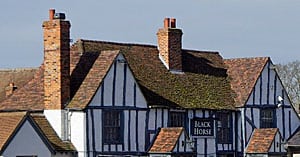 In 1795 Thomas Wood took perpetual possession of the Black Horse in Pilgrim Hatch (parchment deed for the Black Horse in Pilgrim Hatch, South Weald, 1758-1857, ERO, D/DCh T19).
In 1795 Thomas Wood took perpetual possession of the Black Horse in Pilgrim Hatch (parchment deed for the Black Horse in Pilgrim Hatch, South Weald, 1758-1857, ERO, D/DCh T19).
The Black Horse is a Pub still in use. In 1795 the Victualler of the Black Horse was Daniel Green. The Lord of the Manor was Christopher Tower and his Steward was William Bray. The recipient of the property was Thomas Wood of Romford, who was a Pawn Broker. The sellers of the property were James Hall and Lucy, his wife. For an unknown reason, the Manorial Court requested a private interview with Lucy before completing the transaction. Wasey Sterry of Romford was appointed as the “true and lawful Deputy Steward for this purpose.” We can infer that James and Lucy Halls were also residents of Romford because Wasey Sterry interviewed Lucy in Romford. Wasey Sterry reported to the court that after speaking privately with Lucy, he completed the transaction while in Romford.
Partial Transcription of the 1795 Black Horse deed
At this Court, it is also found and presented by the homage that on the twenty-fifth day of March now last the said James Halls and Lucy his wife (the said Lucy being first solely secretly and apart from her said husband examined by the said Deputy Steward and thereto consenting) did out of court surrender by the rod into the hands of the Lord of the said Manor by the acceptance of the said Wasey Sterry Deputy Steward as aforesaid and according to the custom of the said Manor All that customary messuage or tenement then known by the name or sign of the Black Horse with the outhouses shop yards orchards and other appurtenances thereto belonging situate lying and being at Pilgrims Hatch in the parish of South Weald.
And now at this Court came the said Thomas Wood in his proper person and humbly prayed of the Lord of the said Manor to be admitted tenant to all that the said messuage or tenement and premises with the appurtenances so surrendered to his use as aforesaid To whom the Lord of the Manor by his Steward aforesaid in open court granted seizin thereof by the rod to hand to hold the aforesaid premises with the appurtenances unto the said Thomas Wood his heirs and assigns forever of the Lord of this Manor by the rod at the will of the Lord according to the custom of the said manor by the yearly rent heriot customs and services before due and of right accustomed and he was admitted tenant thereof and paid to the Lord for a fine etc. and did his fealty.
(Transcription by Rosamunde Bott BA (Hons) Tracing Your Ancestors in the UK by commission of Benjamin Wood.)


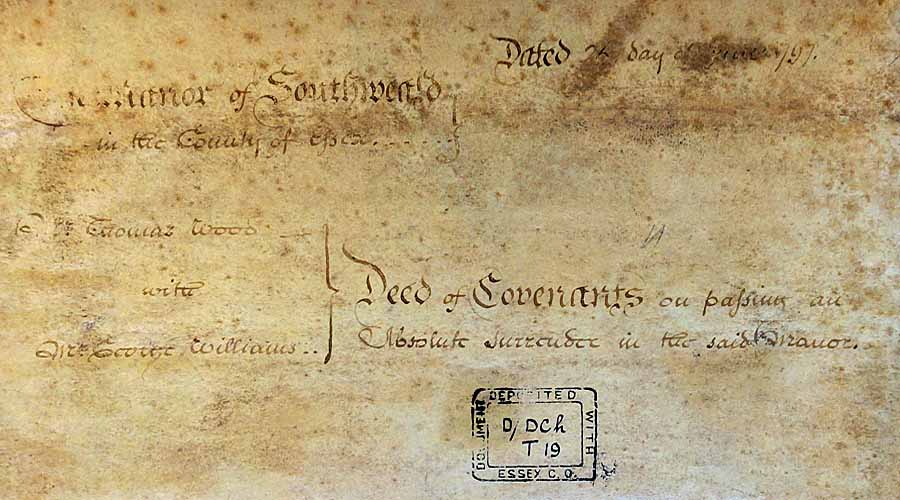
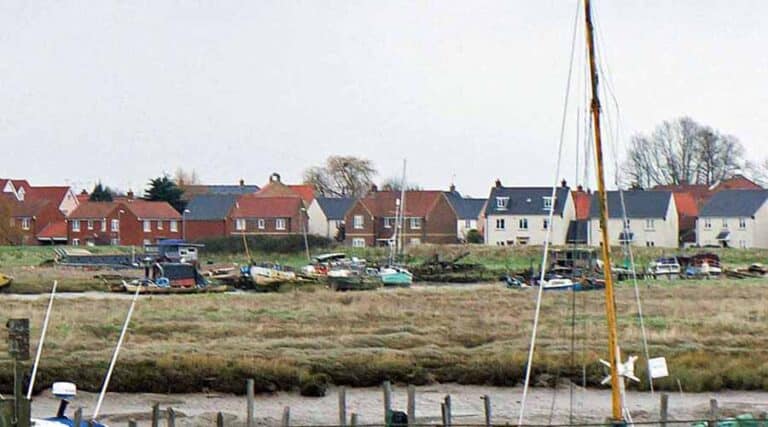
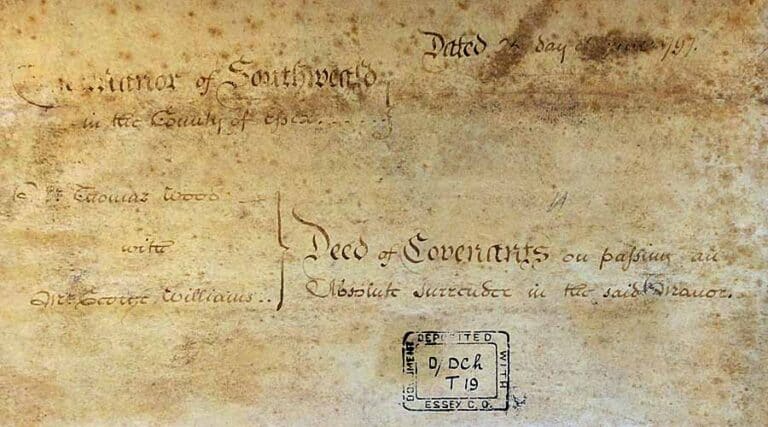
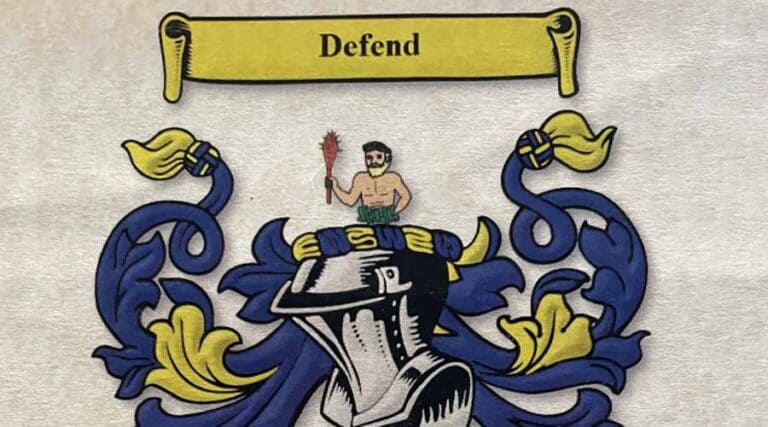
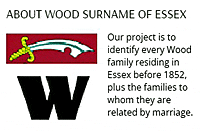
1 thought on “Manorial Court Granted Seisin to Thomas Wood”
wwwww